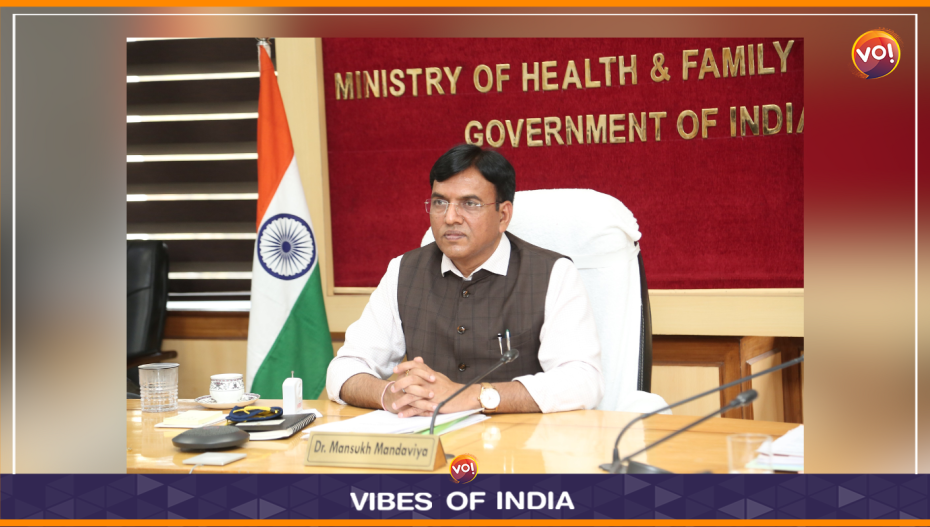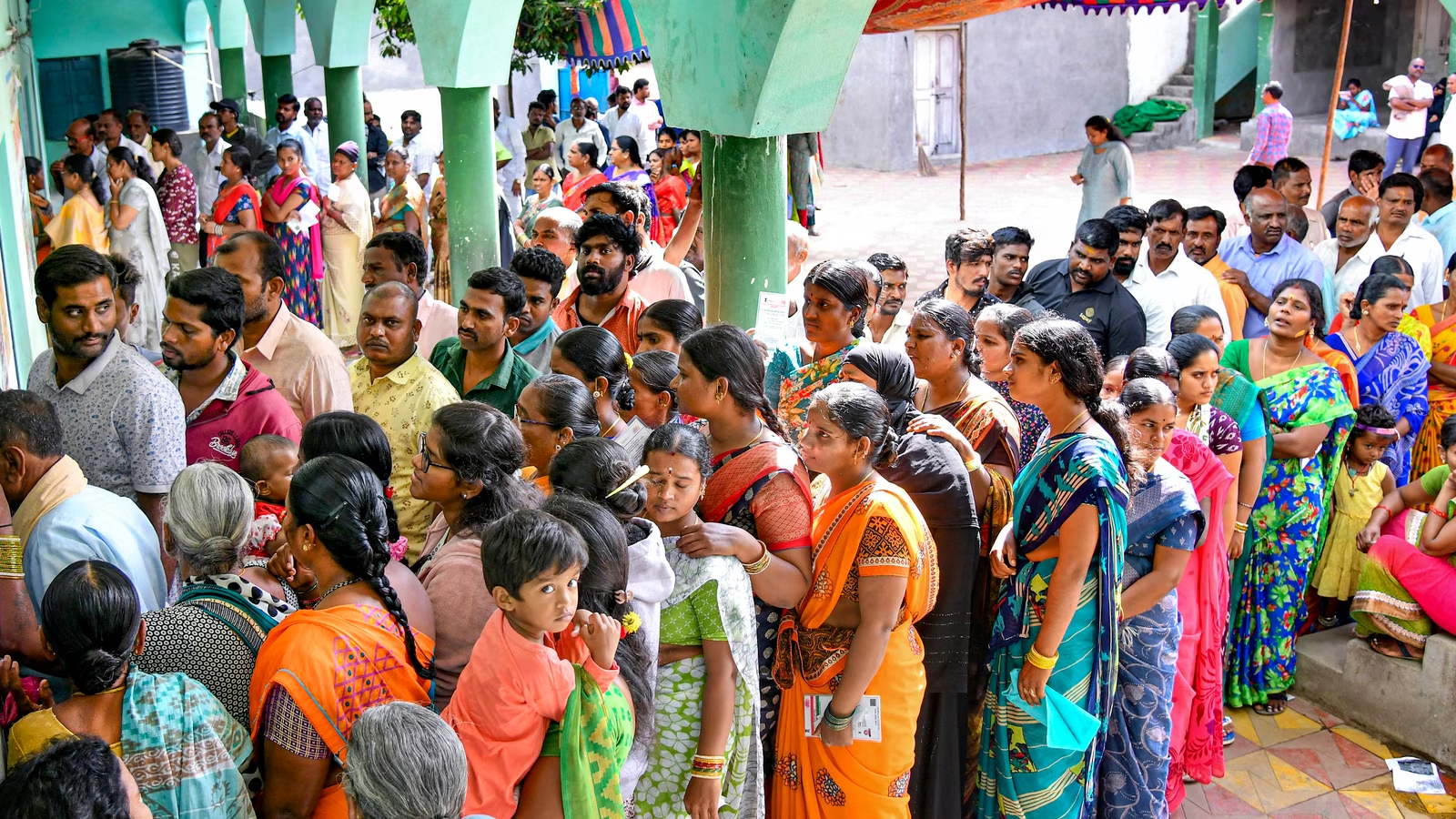In a major shift in policy for drug manufacturers, the government has now mandated them to adopt good manufacturing practices (GMP) within six months. The new order is applicable on drugmakers with an annual turnover of over Rs 250 crore. Those with less than the Rs 250-cr threshold, will get a year’s time to comply with the ruling.
Announcing this, Union Health Minister Mansukh Mandaviya said on Wednesday, “This timeline for completion of GMP norms begins August 1.”
“Those who do not follow the timelines will be penalised according to the provisions of the law after two reviews are conducted — after six months and one year,” the minister added.
He said Schedule M of the Drugs and Cosmetics Act had not been implemented properly by the majority of the drugmakers, but that was going to change now.
It was in 1988 that GMP was first incorporated in Schedule M of the Drugs and Cosmetics Act, 1940. It was amended in 2018. Schedule M deals with GMP for pharmaceutical manufacturing units, including specific requirements pertaining to premises, plant and equipment. GMP are mandatory standards which build and bring quality into product by way of control on materials, methods, machines, processes, personnel and facility or environment etc.
It must be recalled that many Indian drugs exported to other countries have drawn flak for their poor quality, leading to infections and even deaths, with several countries banning their further import.
GMP implementation aims to address this issue so that quality and safety is properly audited without compromise.
India is a major exporter of medicines to low- and middle-income countries which require GMP certification from the World Health Organisation (WHO), said a statement issued by the health ministry. “We have around 2,000 units in the MSME category in the country having WHO GMP certification.”
A ministry statement said, “Observations from ongoing risk-based inspections further reiterated the need to have a relook at the current GMP regulations and quality management systems being followed by pharmaceutical manufacturers.”
According to the statement, drug regulators — as part of a drive to crack down on faulty drugmakers — inspected 162 units and 14 public testing labs over the last six months.
Major issues detected during these inspections included poor documentation, lack of process and analytical validations, absence of self-assessment, absence of quality failure investigation, absence of internal product quality review, absence of testing of incoming raw material, infrastructural deficiency to avoid cross-contamination, absence of professionally qualified employees, faulty design of manufacturing and testing areas, the ministry said.
“Based on these factors and to keep pace with fast changing manufacturing and quality domains, there was a necessity to revisit and revise the principles and concept of GMP mentioned in current Schedule M. This would bring our GMP recommendations and compliance expectations at par with global standards, especially to those of WHO, and ensure production of globally acceptable quality of drug,” read the statement.
Some of the major changes that will happen with the introduction of a revised Schedule M to support upgradation of the units are — introduction of Pharmaceutical Quality System (PQS), Quality Risk Management (QRM), Product Quality Review (PQR), qualification and validation of equipment, change control management, self-inspection and quality audit team, suppliers audit and approval, stability studies as per recommended climate condition, validation of GMP related computerised system, specific requirements for manufacturing of hazardous products, biological products, radiopharmaceutical and phytopharmaceuticals.
“It will support development of a robust quality management system in the company, thereby enabling production of globally acceptable quality medicine. Better quality management will help manufacturers grow their business nationally and internationally, which is a huge opportunity for Indian pharmaceutical business,” read the ministry statement.
Also Read: PM Modi Extended Invitation To Inaugurate Surat Diamond Bourse












